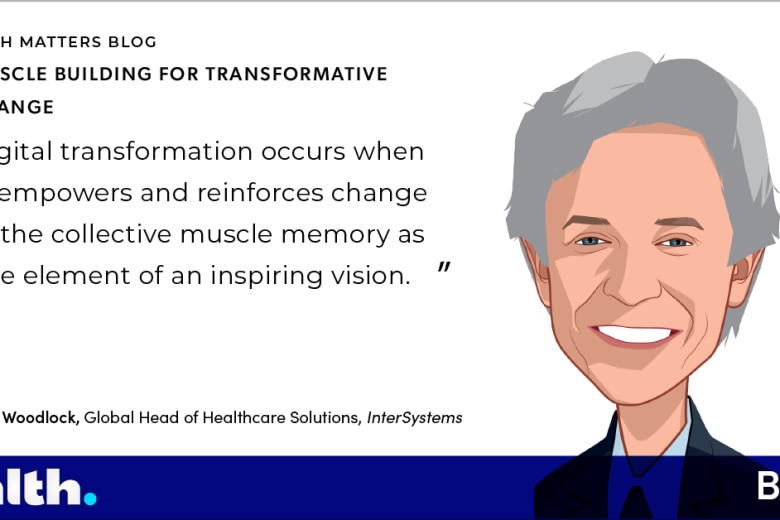As the year comes to a close, it’s a good time to take a look back at some of the key developments in the Healthcare industry. In 2018, we saw a continuation of many key trends in the industry: Consolidation, big IT brands entering the fray, and the migration to the cloud. In this post, I’ll be diving into these and a few other key developments this year.
2018: The year Amazon made its healthcare presence known
It would be hard to negate that Amazon has made its unique presence known in the healthcare space in 2018. Amazon has been a key player in the healthcare cloud for a number of years, but this year, they had three major expansions to the organization’s ambitions. In early January, Amazon announced a partnership with Berkshire Hathaway and JPMorgan Chase to reduce cost and improve employee satisfaction for their employees. The organization, a non-profit joint venture headed by Atul Gawande, hasn’t released further specific details, but the founding companies and superstar CEO nevertheless continue to generate buzz.
The joint venture wasn’t the only key development from Amazon in the healthcare space this year. Amazon also expanded their cloud capabilities when they announced the availability of key AI components in their HIPAA compliant cloud deployments, as well as software that mines EHRs for data that could improve care. On the consumer side of the Amazon business, the tech-giant acquired the pharmaceutical startup PillPack in June 2018, a company that supplies patients with their prescription medications in pre-packaged doses. These developments prove that Amazon is serious about disrupting healthcare and should be watched in 2019.
APIs come into their own for healthcare
Though APIs are ubiquitous in most industries, adoption of true APIs has been slow in healthcare. 2018 saw some key developments that have helped APIs, particularly APIs connecting to EHRs, grow in adoption.
A January 2018 update allowed Apple’s native health app to interface with EHRs through SMART on FHIR APIs. If a patient has a patient portal login, and the EHR has implemented the appropriate FHIR protocol, the patient can download records and share them with other apps on the phone.
Beyond the consumer uses for APIs, many key cloud providers have implemented FHIR servers. 2018 saw Google and Microsoft followed in Amazon’s steps to host the server toolkit on their own clouds.
Speaking of which...
2018 saw the Health-Cloud Wars blow up
Standard and API expansion has helped drive the health care industry into the cloud. Beyond the FHIR announcements mentioned earlier in this post, many key informatics and medical device vendors have announced availability of their systems on cloud platforms.
Cloud strategy now seems like a must-do in the industry. Cloud deployments reduce the cost of hardware on the ground of hospitals, which helps hospitals reclaim valuable on-the-ground real estate.
No end in sight for mergers in the industry
2018 continued the long trend we’ve been watching in the industry towards mega mergers. Top of mind for everyone should be the 69B mega deal between CVS and Aetna, that saw the pharmacy giant buy a major insurer. Cigna also announced a deal to buy ExpressScripts for 67B , due to close in early 2019, and Optum acquired DaVita for 4.9B in March.
Hospitals made the news with mergers as well. Lifepoint Health and RCCH HealthCare merged in July, and Memorial Herman Health announced that they will merge with Baylor Scott and White, just to name a few.
2019, more of the same and unanswered questions
For the most part, 2018 saw a continuation or acceleration of many of the trends we have been tracking for years. In 2019, it is likely that the healthcare industry will see more consolidation, cloud migration, and FHIR or other API adoption. As I look forward to 2019, I have two questions from 2018 that may lead to some of the biggest stories of 2019 and beyond.
My first question is, will AI live up to the buzz in 2019? As noted by Forbes in November, though AI shows much promise in healthcare progress has been painfully slow. Few AI projects have reached commercial products in the market, and those that have like Watson Oncology have been rife with controversy about ROI and patient safety. It is clear that AI still faces many of the same challenges as other innovations in healthcare, like data security, interoperability, integration, and organizational transformation that products like InterSystems IRIS for Health could help facilitate and improve upon.
My second question is, how will APIs like SMART on FHIR augment traditional EHRs? The exposure of SMART on FHIR API’s could mean that exciting new apps could be developed to extend the capabilities of an organization’s EHR. The potential value of stable, unified EMR systems extended by API-based applications for specific use cases could lead to transformational care changes for healthcare providers globally. Further-more, augmenting EHRs could lead to better interchange with information exchanges, better feed data to AI algorithms, and better support population health endeavors.
What do you think the big healthcare trends of 2019 will be? Leave your thoughts in the comments below or tweet at me @moawedneal and @InterSystems to let us know. I look forward to getting these questions and many others answered in 2019!




































